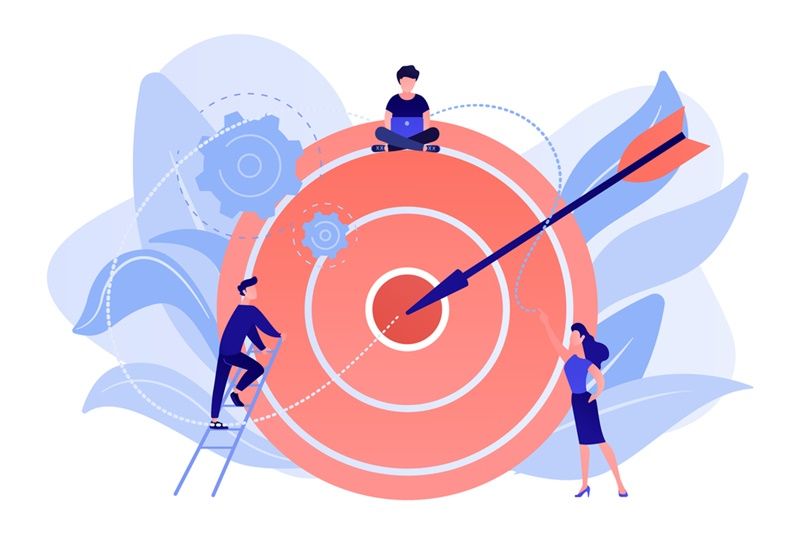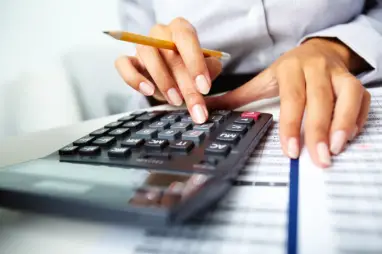
Having debt can be one of the most stressful situations in a person's life.
However, there are ways to get out of debt without having to go through difficult times and start building personal wealth.
If you're reading this article, it's because you're probably in debt and want to get out of debt without getting too stressed out.
The good news is that you are not the only one, as many people are in the same situation as you.
Remember that there are no magic solutions or secret formulas, but if you follow these tips and stay consistent, you will be able to get out of debt.
Evaluate your debts
The first thing you should do is make a list of all your debts. Include the amount you owe, the interest rate and the due date.
It is important that you have all this information at hand so you can evaluate your current financial situation.
Next, you should analyze how much money you have available each month to pay your debts.
If you do not have enough money to meet all your financial obligations, you may need to consider other options such as debt consolidation or renegotiating your loans.
Once you have assessed your current financial situation, it is important to start thinking about how you can reduce your expenses and increase your income.
It may be necessary to make some short-term sacrifices in order to overcome your debts, but it will be worth it in the long run.
Prioritize your debts
Once you have a complete list of all your debts, it's important to prioritize them based on their importance.
Prioritization is based on the following factors:
- Interest rate: debts with higher interest rates should be paid first, as they generate more interest in the long run;
- Payment terms: debts with closer terms should be paid first, as you will avoid late fees;
- Amount owed: debts with larger amounts should be prioritized as they will take longer to pay.
As you pay off your debts, update your list and reorder it based on the money you have been able to pay.
Create a payment plan
Once you have identified all your debts and prioritized which to pay first, it is important to create a payment plan.
This plan should be realistic and take into account your monthly budget and disposable income.
You can use a spreadsheet or an application to help you create this plan.
The important thing is that you establish how much money you can afford to put toward each debt each month and commit to following that plan.
Once you have your payment plan in place, it is important to monitor it regularly and make adjustments as needed.
Find ways to increase your income
A key way to get out of debt is to increase your income.
Here are some ideas:
- Sell things you don't need: you can make a list of items you no longer use and sell them online or at second-hand fairs;
- Look for extra work: if you have free time, you can look for an additional job to earn more money;
- Create a business: if you have entrepreneurial skills, you can create your own business and increase your income significantly;
- Improve your education: if you train and improve your skills, you could have access to better paying jobs.
Establish a budget and make necessary adjustments
Once you have identified your expenses and debts, it is time to establish a budget.
This means allocating a certain amount of money for each expense category (such as housing, food, transportation) and making sure you don't spend more than you've allotted.
You may have to make some lifestyle adjustments to fit your budget.
Think of this as a short-term sacrifice to reach your long-term financial goals.
Implement strategies to reduce spending
One of the keys to getting out of debt is to reduce expenses, and this is achieved by implementing effective strategies.
Some ways to do this include:
- Eliminate unnecessary expenses: Review your bills and look for those expenses that you can eliminate, such as magazine subscriptions or streaming services that you don't use.
- Adjust your shopping habits: Look for cheaper alternatives for your daily purchases, such as buying products on sale or at stores with lower prices.
- Create a budget: Keep detailed track of your income and expenses to identify areas where you can reduce expenses and save money.
- Negotiate with providers: If you have high bills for services such as cable or internet, consider negotiating with the provider to get a better price or package.
Seek help if you need it
If you are dealing with overwhelming debt, don't hesitate to seek help.
There are many nonprofit organizations and financial counseling services that can help you create a plan to get out of debt and build your personal wealth.
In addition, talking to friends and family about your financial problems can be helpful for emotional support during this process.
Remember that getting out of debt is not an easy process and can take time, but by seeking help and having a positive attitude, you can achieve financial success.
In conclusion, getting out of debt is not an easy task, but it is possible. The important thing is to be disciplined and consistent in managing our personal finances.
It is also essential to have a positive and persevering attitude to achieve our long-term financial goals.
Remember that the key to building a solid personal wealth is to have a well-defined financial plan and stick to it with determination and patience. Don't give up!






